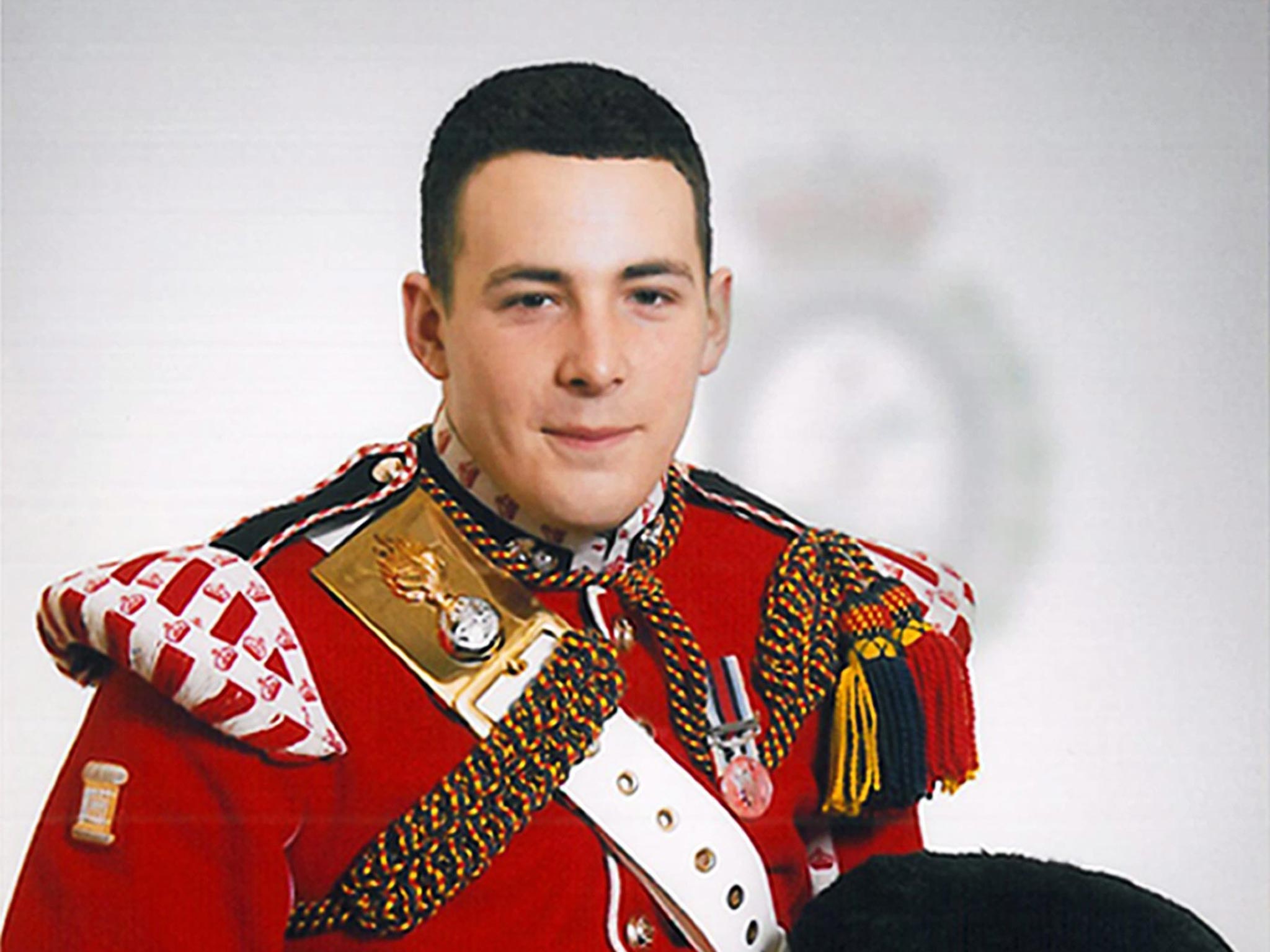Lee Rigby verdict: The difficulty of responding to such seemingly motiveless malignity
We are left, at the end of all this, with a sense of the utter futility of this murder


Your support helps us to tell the story
From reproductive rights to climate change to Big Tech, The Independent is on the ground when the story is developing. Whether it's investigating the financials of Elon Musk's pro-Trump PAC or producing our latest documentary, 'The A Word', which shines a light on the American women fighting for reproductive rights, we know how important it is to parse out the facts from the messaging.
At such a critical moment in US history, we need reporters on the ground. Your donation allows us to keep sending journalists to speak to both sides of the story.
The Independent is trusted by Americans across the entire political spectrum. And unlike many other quality news outlets, we choose not to lock Americans out of our reporting and analysis with paywalls. We believe quality journalism should be available to everyone, paid for by those who can afford it.
Your support makes all the difference.With the conviction of Michael Adebolajo and Michael Adebowale for the murder of soldier Lee Rigby, one of the most shocking episodes ever witnessed on British soil has come to its conclusion, bar the sentencing of the two men.
Unlike the 7/7 bombings in which 52 people died, this was the murder of just one individual. But the horror of it was, in its way, on a different scale. We are – dreadful though it is to say – used to the idea of terrorism conducted through bombings. Such attacks are, in one sense, “remote”. For two human beings to do what they did to another human being as happened in the Rigby case – in broad daylight, in full view of the passing public, so apparently casually – simply defies belief.
Everyone will remember where they were that afternoon in May as the news came through from Woolwich in south London. There we were, confronted by the sight of Adebolajo, a bloodied meat cleaver in his hand as he stood at the roadside, making no attempt to flee the scene. It was the immediate aftermath of a killing that many people would regard as the work of a madman, and yet Adebolajo did not actually seem mad. The whole thing was impossible to compute.
Both the men who have been convicted claimed they were soldiers of Allah and their violence was a reprisal against western foreign policy, which had led to the deaths of Muslims. Hence their pleading “not guilty” to a murder which surely to all observers was just about as open and shut case as you could have.
We are left, at the end of all this, with a sense of the utter futility of this murder. We are left to contemplate the appalling randomness of the attack, which meant that whichever soldier happened to be walking down the street at that particular moment was destined to suffer this unspeakable fate.
Are there “lessons” to be learnt? Fingers will be pointed at the security services, who had both men on their radar. But even those inclined to understand the anti-Western feeling that has built up in the wake of Iraq and Afghanistan will be at a loss to explain a crime as brutal as this.
Simon O'Hagan is Editor of Independent Voices.
Join our commenting forum
Join thought-provoking conversations, follow other Independent readers and see their replies
Comments